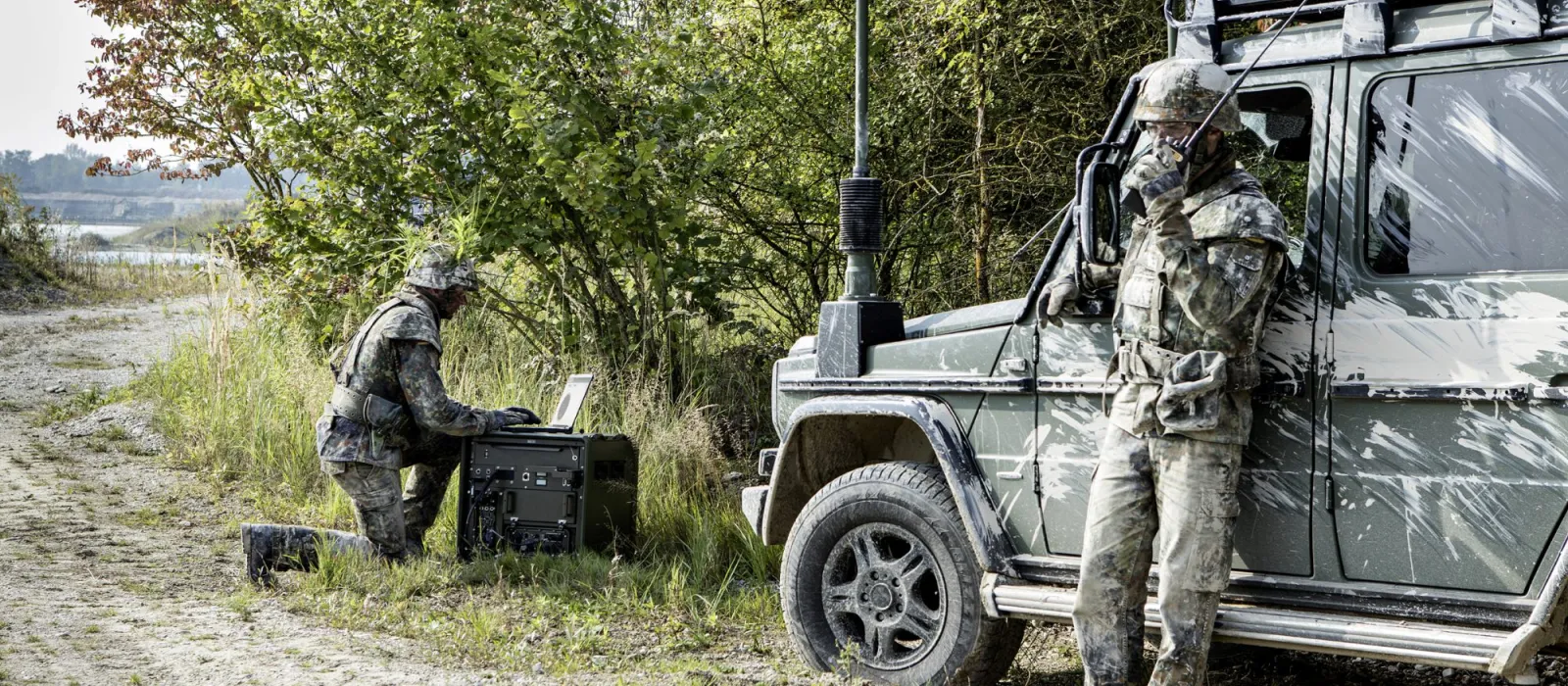JIS Z 0208 Moisture Resistance Packaging Testing
The JIS Z 0208 moisture resistance packaging test is a crucial aspect of ensuring that military equipment and materials can withstand the harsh environmental conditions they may encounter. This test evaluates how well a material or product resists penetration by water, which is essential for the longevity and operational effectiveness of equipment in various climates.
In the context of military testing, moisture resistance packaging plays a vital role in safeguarding critical components from degradation due to exposure to moisture. For instance, electronic devices can suffer significant damage if exposed to excessive humidity or water, leading to malfunctions that could compromise mission success. This test is therefore not just about protecting materials but also ensuring the reliability of equipment under operational conditions.
The JIS Z 0208 standard outlines a series of tests designed to assess moisture resistance by simulating real-world conditions using controlled environments and specific procedures. These tests are essential for quality managers, compliance officers, R&D engineers, and procurement professionals who need to ensure that materials meet the necessary durability standards.
The test involves subjecting specimens to different levels of humidity for extended periods, often under accelerated aging conditions. The goal is to determine how much moisture can penetrate through various packaging materials before they fail in terms of their intended function or integrity. This process helps identify any weaknesses in current designs and provides valuable insights into potential improvements.
For R&D engineers working on new product developments, this test offers critical data points that inform design iterations aimed at enhancing moisture resistance properties. Similarly, compliance officers can use the results from these tests to ensure products comply with relevant regulations within their industries. Procurement teams benefit by having reliable information about suppliers' capabilities and the performance consistency of their materials.
The JIS Z 0208 standard is widely accepted across Asia Pacific regions where there's a strong focus on quality assurance in manufacturing processes, especially those involving electronics and other precision instruments used by military forces. By adhering to this standard, manufacturers not only enhance product reliability but also gain competitive advantages through increased trust from customers.
Understanding the nuances of JIS Z 0208 testing requires knowledge about the types of packaging materials typically subjected to these tests as well as the specific conditions under which they are exposed. This includes factors such as temperature, relative humidity levels, duration of exposure, and methods employed for measuring permeability rates.
Proper specimen preparation is critical in achieving accurate test results; it involves selecting appropriate samples representative of the intended application area while ensuring proper conditioning before testing begins. Additionally, understanding the equipment used during these tests—such as climate chambers capable of simulating extreme weather conditions—is important for interpreting outcomes correctly.
Scope and Methodology
The scope of JIS Z 0208 moisture resistance packaging testing encompasses a range of materials commonly employed in military applications. These include but are not limited to polyethylene films, laminates consisting of multiple layers designed specifically for moisture barrier properties, and composite structures combining different substrates.
| Material Type | Description | Application Context |
|---|---|---|
| Polyethylene Films | Thin films made from polyethylene resin designed to provide a basic moisture barrier. | Used primarily for simple packaging applications requiring minimal protection against water ingress. |
| Laminates | Multilayer constructions where each layer serves distinct functions contributing collectively towards overall moisture resistance performance. | Preferred choice when higher levels of protection are required, especially in environments prone to high humidity or frequent exposure to rain. |
| Composite Structures | Combination of various materials engineered together using advanced manufacturing techniques to achieve superior moisture resistance characteristics. | Suitable for complex assemblies where both physical and chemical properties need optimization simultaneously. |
The methodology adopted in JIS Z 0208 testing involves placing samples into controlled environments designed to mimic actual operational conditions. Temperature and relative humidity are precisely regulated according to predefined protocols outlined within the standard.
- Temperature ranges vary depending on specific requirements, typically ranging between -40°C to +150°C.
- Relative humidity can be adjusted from as low as 20% RH up to saturated conditions.
- Duration of exposure is specified based on the expected service life or critical usage scenarios faced by military equipment.
Permeability rates are measured using specialized instruments capable of detecting minute amounts of water vapor transmission. This data provides valuable insights into the effectiveness of different packaging materials and helps guide continuous improvement efforts aimed at enhancing moisture resistance capabilities.
Benefits
Adhering to JIS Z 0208 standards offers numerous benefits that extend beyond mere compliance requirements. One significant advantage lies in improved product reliability, ensuring that military equipment functions correctly throughout its intended lifespan despite adverse environmental factors like moisture.
Achieving higher levels of moisture resistance reduces maintenance costs associated with premature failures due to corrosion or other forms of degradation caused by water ingress. This translates into extended operational availability rates, which are critical for maintaining readiness during deployments.
From a strategic perspective, complying with international standards such as JIS Z 0208 demonstrates commitment to quality and adherence to best practices within the industry. Such actions foster trust among customers and stakeholders who expect consistent performance from suppliers.
The ability to demonstrate robust moisture resistance also enhances competitive positioning by differentiating products based on superior durability features. This can lead to increased market share, improved customer satisfaction, and long-term business sustainability.
Furthermore, meeting these standards contributes positively towards environmental responsibility goals by reducing waste associated with frequent replacement of failed components resulting from poor packaging choices.





